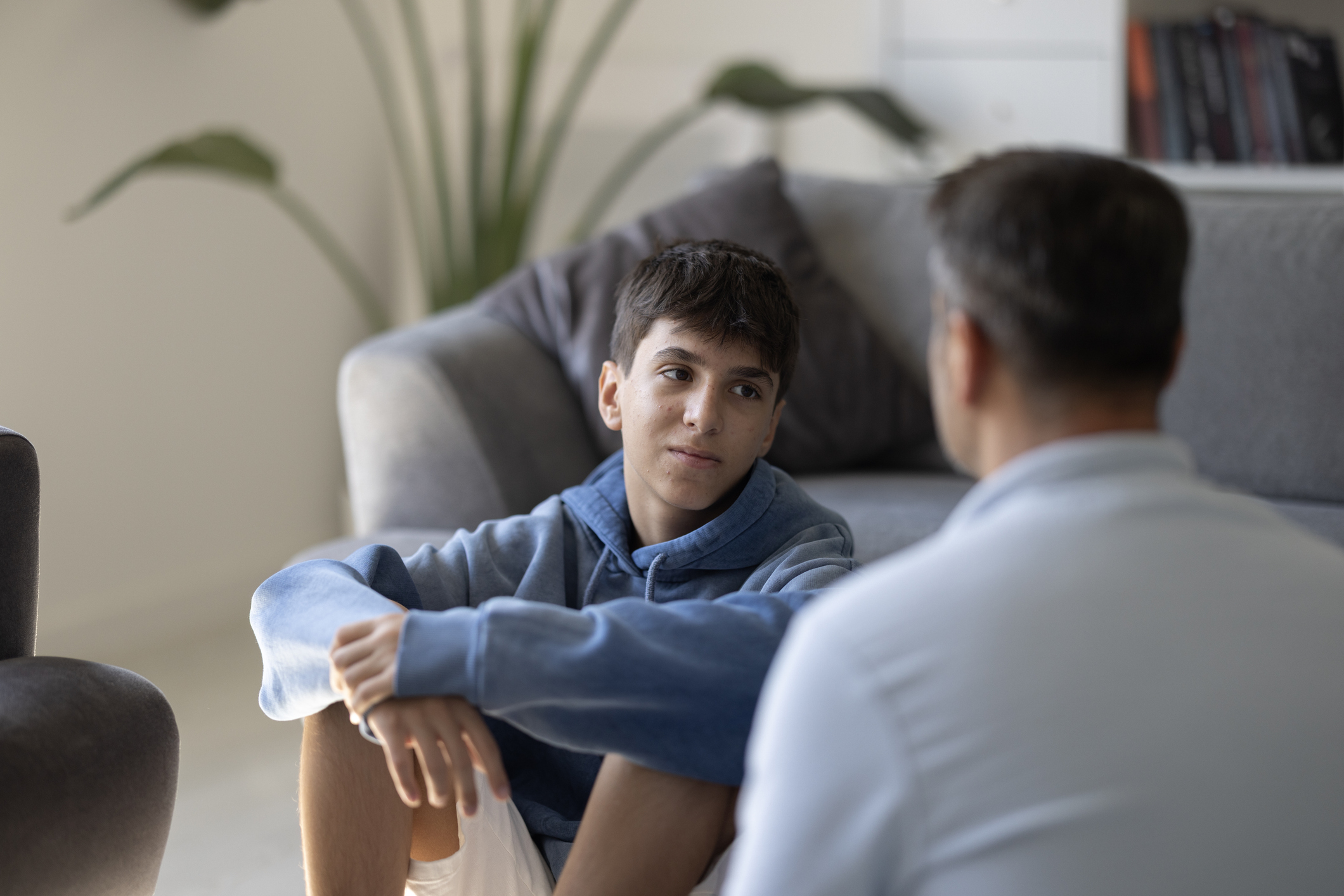
“Turn OFF the computer!”
“Oh my God. Done. You are addicted to that game.”
“No more Fortnite. You. Are. Obsessed.”
I have heard parents say these things to tweens and teens spending too much time gaming. But how strong is the actual pull of gaming and is it really anything more than a power struggle?
The Diagnostic and Statistical Manual of Mental Disorders (DSM-V) and The American Psychiatric Association included Internet Gaming Disorder in a list of conditions to study, but to go so far as to say it can be an addiction, especially in our youth, could be a stretch. As of right now, video gaming addiction is not considered to be a mental disorder. But as Dr. Sina Safahieh, Medical Director of the ASPIRE program at Hoag Hospital in Newport Beach and Irvine, CA tells Scary Mommy, negative impacts can occur when video game playing gets out of hand. I am not saying it is impossible to become addicted to gaming, but I don’t take the word addiction lightly.
When you become physically or psychologically dependent on something, you are addicted to it. I depended on alcohol. It numbed a lot of pain while creating a false sense of happiness with the rising levels of dopamine that resulted from drinking. It was a damaging cycle of feel bad, drink. Feel better, keep drinking. Feel bad again, drink more to feel better. The thing that hurt me was what I thought I needed to feel better. Even though I knew I was causing damage to myself, I kept drinking. The anxiety, depression, and physical discomfort of not drinking made sobriety feel impossible. And honestly, I liked to drink. I still miss it. But I also know I am so much better off without it.
Early on in my attempts at sobriety, I thought I could just drink in moderation. But that’s not how addiction works. My off switch doesn’t work. Having just a drink or two at a time is not possible.
You can limit your child’s screen time and internet gaming time, though. Because the theory is that gaming provides hits of dopamine that can make a person feel better. The social interaction with peers, the leveling up aspect of certain games with no end in sight as players keep unlocking new worlds, or earning game currency are all exciting and feel-good reasons to play video games. They are also an escape. If a tween or teen is only getting these feel-good feelings from gaming, that’s when there is a problem.
According to Psychology Today, “Research suggests that 0.5 percent of all gamers and 1.7 percent of ninth graders experience symptoms associated with excessive video game use.”
Dr. Sina Safahieh points out that gaming can seem to take over a person’s life. Their only source of happiness seems to be from playing games. Sleep and eating habits will be disrupted. Energy loss and the inability to focus may also be warning signs that your child is spending too much time playing video games.
But what comes first? Does depression, loneliness, and anxiety lead to kids seeking comfort in video games or does a love of gaming lead to isolation, a loss of friends, loneliness and depression?
The Conversation reported depression was not diagnosed in 11 studies that tried to find the link between teen depression and social media: “Data from some studies indicated that psychologically vulnerable young people are more likely to turn to the internet for social support. So depression may be a contributory factor rather than a consequence of social media use.”
Either way, I won’t argue that gaming can provide a false sense of happiness. But the root cause of all dependencies is not just the object of addiction or obsession. We need to address mental health issues before we can simply blame social media or internet gaming for all of a child’s behavior problems.
Dr. Safahieh told Scary Mommy that your child may need professional and medical intervention if the following warning signs are present: sudden problems with school work; a dramatic shift in personality or appearance; self-harming behavior; overwhelming sense of shame or guilt; any type of suicide threat or ideation. “Functional impairment is a major red flag of mental health struggles. This includes impairment in academic, social or occupational functioning,” says Dr. Safahieh.
Instead of using screens to self-medicate, we need to get tween and teens into therapy or other therapeutic services that address their pain.
It’s important to note that some kids struggle to make friends. They lack a sense of community at school. This could be for a number of reasons, but as an LGBTQ advocate and educator, I know many tweens and teens find community online, especially the queer ones. Adults and parents need to be sensitive to the fact that some marginalized kids may not have support at school or in extracurricular activities. Yes, a balanced approach would include support groups and in real life human contact, but to just take something away because of the fear of addiction could do more harm than good.
Monitor your kid’s online activity, but don’t shame them or cut off all contact that makes them feel included.
Some games are more problematic than others because they can create a pattern of continuous reward reinforcement. Some games are designed like slot machines in that their rewards are set on variable schedules. This means that kids will keep playing until they “win.” But because they don’t know when that will be, they have a hard time stopping.
Dr. Safahieh says this in a press release provided to Scary Mommy, “If you think of brain development as going down an assembly line, video games, social media, and any excessive screen time all interfere with that assembly line and can change the circuitry. The most effective treatment, of course, is prevention.”
Safahieh suggests limits on device use to about 1-2 hours a day, while placing priorities on physical activity, school work, and social interactions.
Gaming may not be an addiction, but it can be problematic if not monitored.
Please visit the Scary Mommy website to view the original article.









